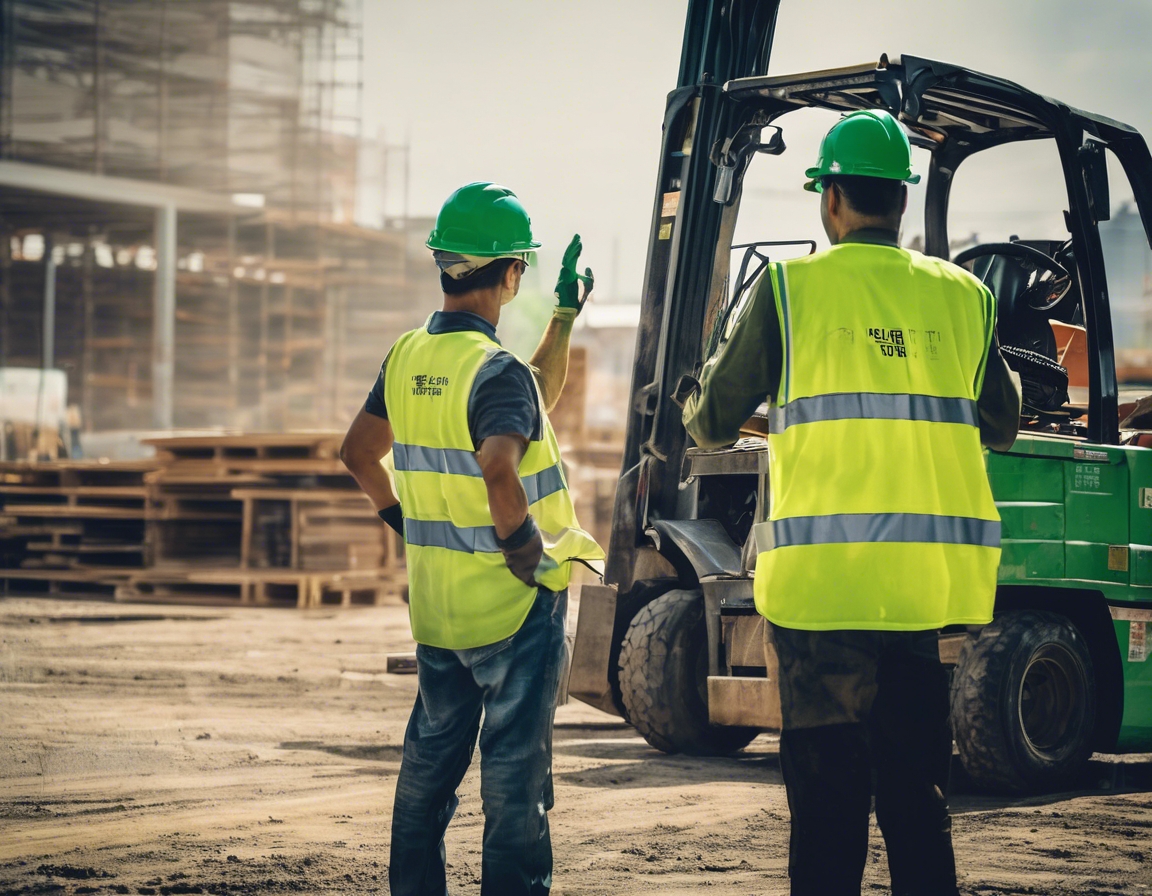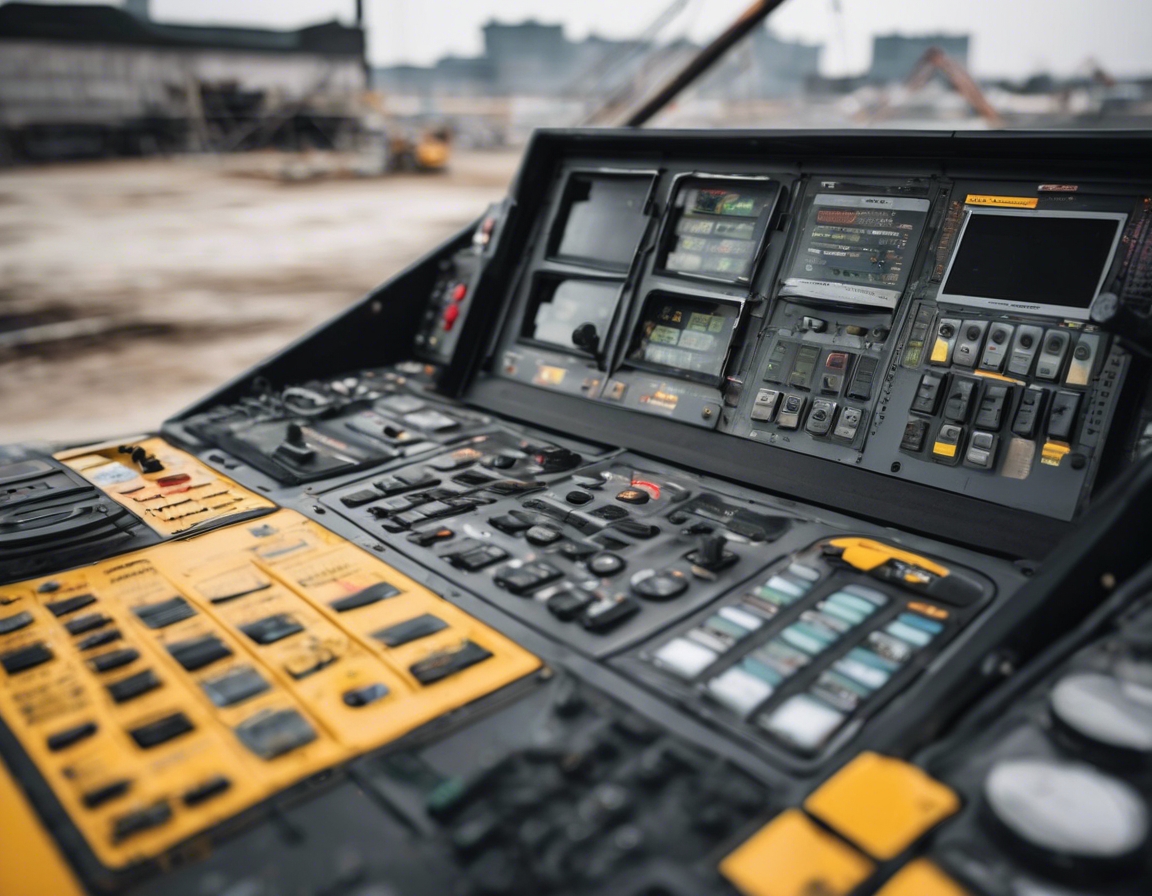The future of construction: trends to watch
The construction industry is on the brink of a transformative era, driven by technological advancements, sustainable practices, and evolving workforce dynamics. As we look to the future, it's crucial for construction companies, contractors, and project managers to stay informed about the trends shaping the industry. This blog post explores the key trends that are set to redefine construction in the coming years.
Technological Advancements in Construction
Building Information Modeling (BIM) is revolutionizing the way construction projects are planned and executed. BIM provides a digital representation of a building's physical and functional characteristics, enabling better collaboration among stakeholders. It enhances accuracy in project planning, reduces errors, and improves efficiency, making it an indispensable tool for modern construction projects.
Drones and robotics are becoming increasingly prevalent on construction sites. Drones offer aerial views for site inspections, progress monitoring, and safety assessments, while robotics are used for tasks such as bricklaying and concrete pouring. These technologies not only enhance productivity but also improve safety by reducing the need for human workers in hazardous environments.
3D printing is poised to revolutionize construction by enabling the creation of complex structures with precision and speed. This technology allows for the production of building components off-site, reducing waste and construction time. As 3D printing technology advances, it holds the potential to significantly lower construction costs and increase design flexibility.
Sustainable Construction Practices
The demand for sustainable construction is driving the adoption of green building materials. These materials, such as recycled steel, bamboo, and low-VOC paints, reduce the environmental impact of construction projects. By incorporating sustainable materials, construction companies can meet regulatory requirements and appeal to environmentally conscious clients.
Energy-efficient designs are becoming a standard in modern construction. Features such as solar panels, energy-efficient HVAC systems, and smart lighting contribute to reduced energy consumption and lower operational costs. As energy efficiency becomes a priority, construction professionals must stay informed about the latest technologies and design strategies.
Modular and Prefabricated Construction
Modular and prefabricated construction methods are gaining traction due to their ability to reduce construction time and costs. By manufacturing building components off-site and assembling them on-site, these methods minimize disruptions and improve quality control. As demand for faster project delivery increases, modular construction is set to become a dominant trend.
Smart Buildings and IoT Integration
The integration of Internet of Things (IoT) technology in construction is leading to the development of smart buildings. These buildings use sensors and automation to optimize energy use, enhance security, and improve occupant comfort. IoT integration allows for real-time monitoring and management of building systems, offering significant benefits in terms of efficiency and sustainability.
Workforce Evolution in Construction
As construction technology evolves, so too must the skills of the workforce. Continuous training and skill development are essential to ensure that workers can effectively use new tools and technologies. Construction companies must invest in training programs to keep their workforce competitive and capable of meeting the demands of modern projects.
Diversity and inclusion are becoming increasingly important in the construction industry. A diverse workforce brings a range of perspectives and ideas, leading to more innovative solutions. Construction companies are recognizing the value of inclusive practices and are working to create environments that welcome individuals from all backgrounds.






Comments (0)